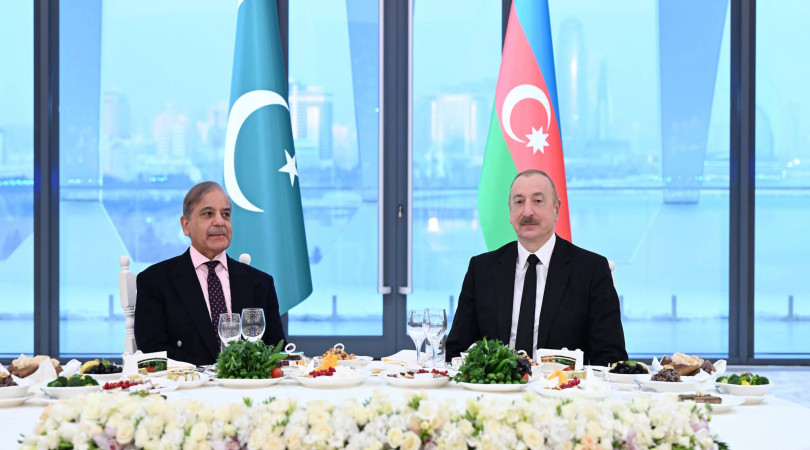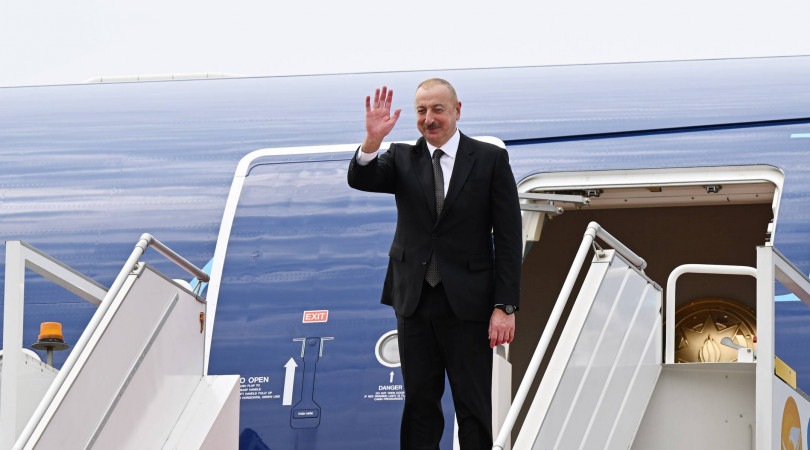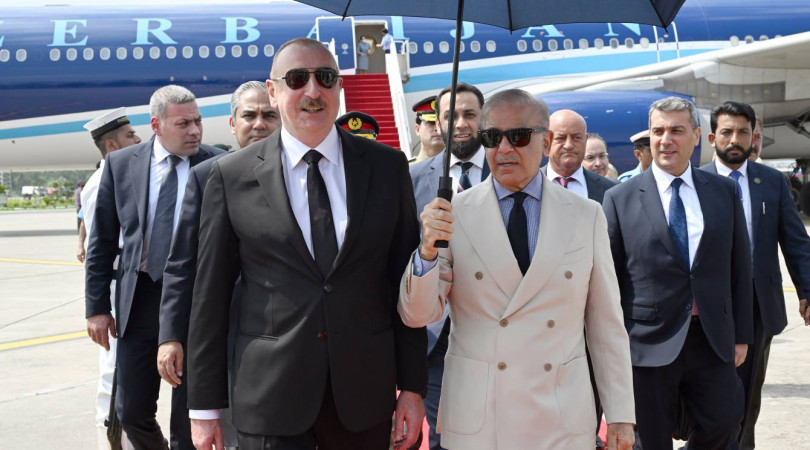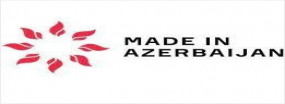FM: 2011 successful for Azerbaijan’s foreign policy
2011 was successful for Azerbaijan’s foreign policy and as a whole as well, Azerbaijani Foreign Minister Elmar Mammadyarov said in an interview with Trend.
“Azerbaijan’s election to the UN Security Council by 155 votes means that the country has already been perceived by the world community as a reliable partner,” he said. “The election of Azerbaijan, which is a young country, to such an influential organization, while celebrating the 20th anniversary of restoring its independence, says that its foreign policy is balanced and built in the right direction.”
Among the achievements, Azerbaijani Foreign Minister named the country’s election as the vice-president of the UNESCO Intergovernmental Committee for the Safeguarding of the Intangible Cultural Heritage.
“This year we have completed the process of border delimitation with our northern neighbor – the Russian Federation,” he said. “Azerbaijan and Russia exchanged the documents on ratification of the treaty on the state border. Of course, all these achievements will serve to increase Azerbaijan’s authority on the international arena. They will be the impetus for Azerbaijan, as a reliable partner, to be open for cooperation in economic, trade, cultural, humanitarian and other spheres. They will strengthen Azerbaijan from the economic and political points of view.”
Speaking about the peculiarities of the passing year in terms of the settlement of Armenian-Azerbaijani Nagorno-Karabakh conflict, minister stressed that several meetings were held between the Azerbaijani and Armenian presidents and foreign ministers in 2011 to conduct the talks on the peaceful settlement of the conflict.
“Unfortunately, these meetings did not lead to real results because of the Armenian side’s destructive attitude to resolve the conflict,” he said. “There can be no progress in the conflict settlement without withdrawal of Armenian troops from the occupied territories, that is, without the liberation of the occupied territories. This is an integral part of the updated Madrid principles. Unfortunately, the Armenian side does not consider these proposals with responsibility and good intentions. Armenia’s destructive attitude complicates the conflict settlement by peaceful means.”
The conflict between the two South Caucasus countries began in 1988 when Armenia made territorial claims against Azerbaijan. Armenian armed forces have occupied 20 percent of Azerbaijan since 1992, including the Nagorno- Karabakh region and 7 surrounding districts.
Azerbaijan and Armenia signed a ceasefire agreement in 1994. The co-chairs of the OSCE Minsk Group – Russia, France, and the U.S. – are currently holding the peace negotiations.
Armenia has not yet implemented the U.N. Security Council’s four resolutions on the liberation of the Nagorno-Karabakh and the surrounding regions
The withdrawal of Armenian troops from occupied territories will accelerate the implementation of measures of trust, the restoration of communications and development of the region as a whole, minister said.
He said that it is unacceptable when one state keeps under control the territory of another state by using arms in the 21st century. The situation with the conflict is unacceptable. It is stated in the declarations made by the heads of the OSCE Minsk Group co-chairing countries, minister added.
Despite the OSCE Minsk Group’s long-term activity to resolve the conflict, it still remains unresolved. The Azerbaijani lands are still under occupation and displaced people have not returned to their native lands yet, he said.
“We will start our activity as a nonpermanent member of the UN Security Council from January 2012,” he said. “It should be stressed that any issue, including the issue of Nagorno-Karabakh conflict settlement to be considered at the UN Security Council, must be raised in coordination with other members of the Security Council. The UN Security Council has four resolutions on the conflict. But there are also the European Parliament’s, the Council of Europe’s and OIC’s resolutions. But unfortunately, the Armenian side does not pay attention to these resolutions. The world community must force Armenia to respect the norms and principles of the international law.”


















